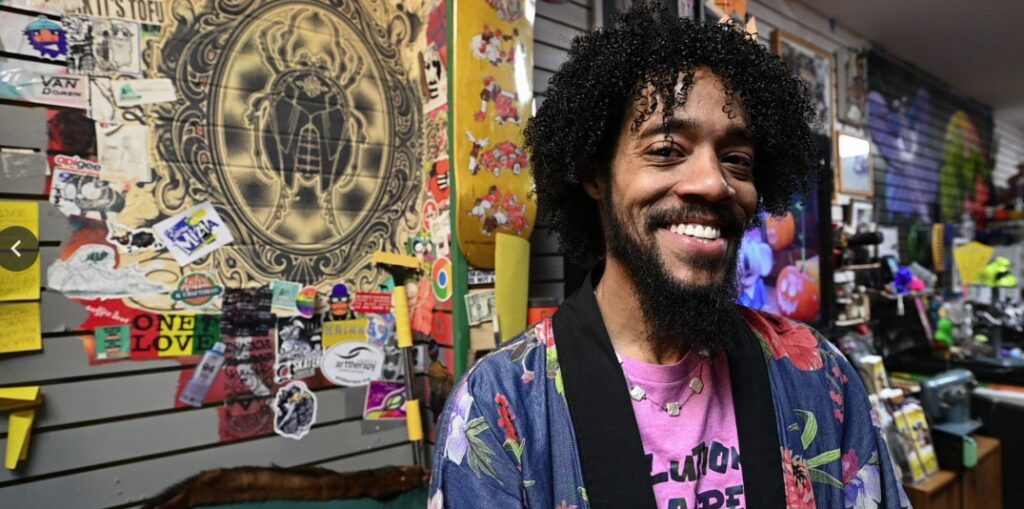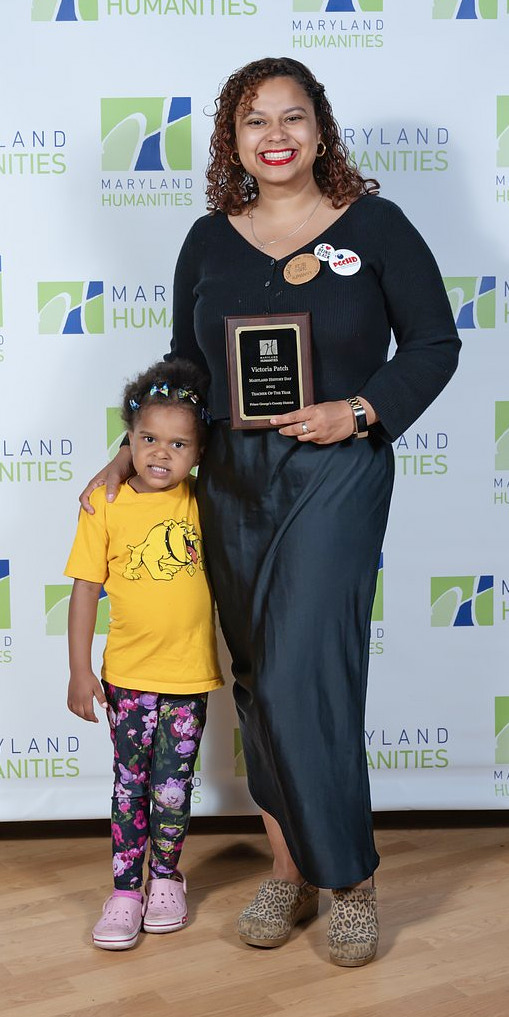In light of the Phase 1 state reopening and the recent Prince George’s County ordinance, City Manager Nicole Ard convened a special meeting of the Greenbelt City Council on June 3 to discuss what these responses to the pandemic mean for the city. Mayor Colin Byrd said it would be useful “to flesh some things out,” in order “to do right by our residents” to protect public health and safety.
Topics for discussion were mainly the reopening of local businesses, specifically restaurants, and the current state and future plans of the Recreation Department, as it endeavors to provide programs that are in line with safety guidelines laid down by the federal, state and county governments.
In a separate interview, Assistant City Manager David Moran said that restaurants and other businesses must meet and comply with city codes and that it is his understanding that they must also meet county codes and rules, particularly related to food service and liquor licensing. He added that “regarding the COVID situation, the county and in particular the Health Department are really the lead authority in terms of which businesses can reopen and what the requirements are.”
On June 1, the county allowed qualified restaurants to reopen their outdoor seating. Named the Restaurant Temporary Outdoor Seating Area (RTOSA) initiative, it puts into place a multi-agency workgroup to deal with approvals and permits. Restaurants with existing outdoor dining areas need not seek additional approval but should notify the county of their intention. But, if a restaurant looks to create a new or to expand an existing dining area, they must go through a process to obtain county approval. This includes an application, a description, a copy of the current Use and Occupancy Permit, a seating chart and permission from the landlord. After the application is reviewed, the seating plan is to be uploaded onto an online portal.
Six-foot spacing between tables and a three-foot barrier between the seating area and the sidewalk or street are required.
Councilmember Judith Davis stressed that businesses need to seek county approval first, after which the city makes the ultimate decision. City inspectors are sent out to evaluate each property for compliance.
Roosevelt Center is a tricky issue, as it combines private businesses (such as the New Deal Café and Beijing restaurant) alongside a public park, each with its own requirements and codes. Council and staff are keen to promote equity for all businesses if they seek to expand further into the Center.
Serving liquor in the Center outside the current permitted areas was generally viewed as an unfavorable development by council, as it violates the city code and sets a thorny precedent. City Attorney Todd Pounds advised council that any such decision would be under the purview of the County Liquor Board. He deemed extending the area unlikely.
Council and representatives of the New Deal Café are interested in expanding food service into the Center, perhaps on picnic tables.
Council stated that it is aware of the dire position that Greenbelt businesses are now in and of the real possibility that some may never reopen.
Recreation Supervisor Greg Varda and Assistant Director of Facilities Joe McNeal gave an update on their diligent efforts to adjust to the pandemic, such as moving programs out-doors if possible and making facilities like the Community Center and the Aquatic & Fitness Center safer for staff and the community through limited use and group numbers, sanitizing stations and social distancing. Varda said that camp fees have been greatly reduced this year and that scholarships are available, as they endeavor to make sure everyone can participate in virtual programs. Normally staff would be at work on their fall programs at this stage, not the case this year.
McNeal asserted that city recreation would be moving ahead at its own pace to ensure safety, despite the plans of the state, county or surrounding municipalities.
Councilmember Emmett Jordan and Recreation staff hoped that recognition and contribution groups can develop their own safety plans for the reopening that can be worked out with staff.
The meeting was cut short by a Zoom bomb which is unwanted intrusion into a video conference by a person or group seeking to cause a disruption. Director of Planning and Community Development Terri Hruby said, “it is a fine line between trying to make meetings as accessible as possible for residents and keeping them from being Zoom-bombed. Our IT Department is now implementing a waiting room to control who comes in and out of the meeting and will also be running them as a more secure webinar platform.”



